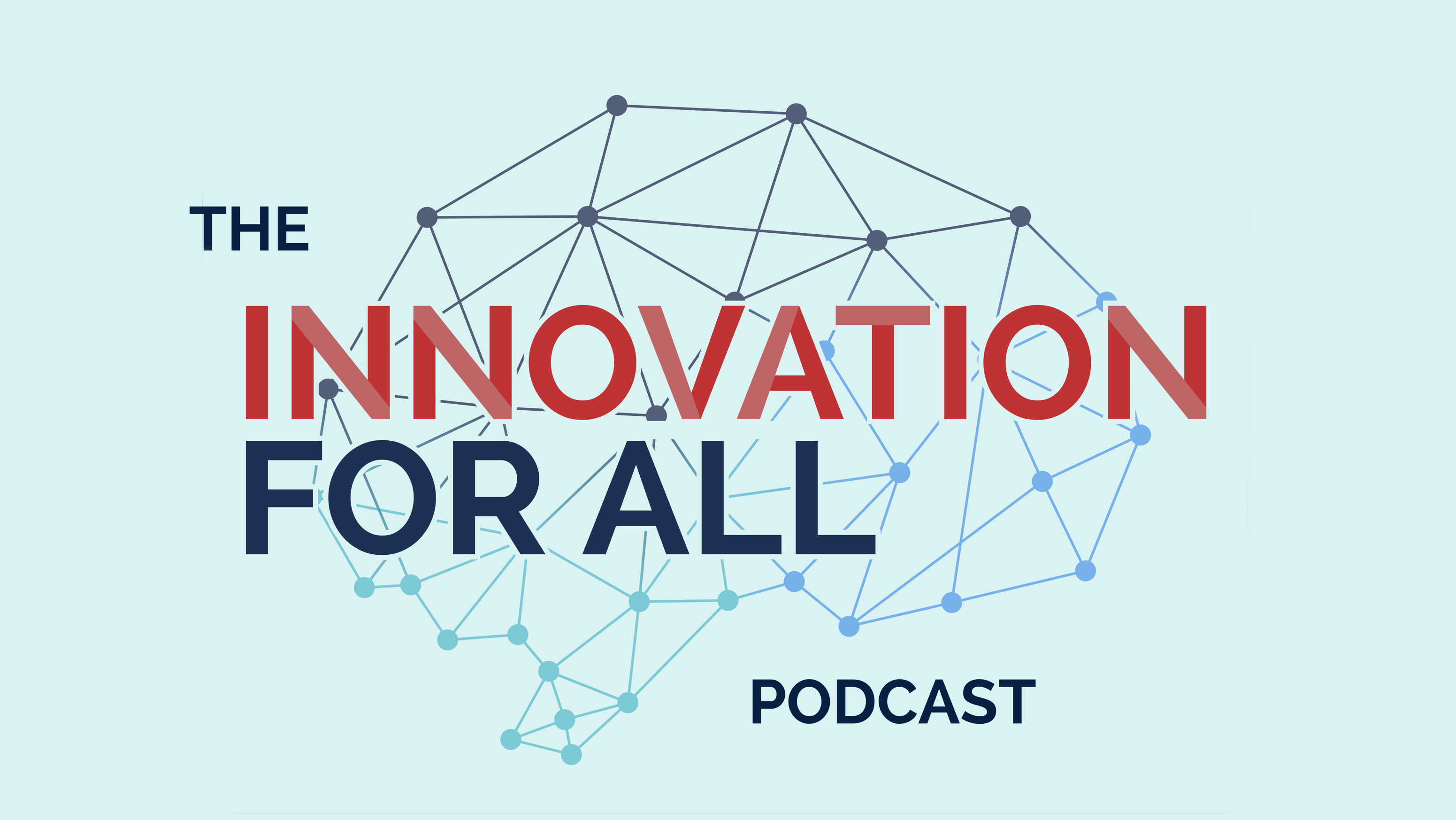
Egg freezing startups like Extend Fertility may be a democratizing force to give women more child-bearing options. CEO Anne Hogarty discusses how Extend Fertility is giving women more choice through affordable egg freezing. As with any business designed to give women more choice, controversy abounds! Critics have a lot of questions: Is it ethical? Manipulative? Safe? Gimmicky?
You’ll hear:
- Why are fertility treatments like in vitro fertilization (IVF) so expensive?
- What are the unique advantages of egg freezing? What are the limitations?
- Is egg freezing a “bandaid?” Should we, instead, make it easier for women to have children while having a career?
- Should we be concerned that egg freezing businesses prey on women’s concerns about having children? Or is it unfair to suggest that women can’t assess their situations for themselves?
- Why has there been pushback from making egg freezing more affordable?
- Why did Extend Fertility upset so many when they advertised their services on Instagram?
- What are typical success rates for egg freezing?
About Anne:
Anne Hogarty is Extend Fertility’s chief executive officer. Prior to joining Extend Fertility, Anne was chief business officer of Prelude Fertility, a national network of fertility clinics, and president of MyEggBank, Prelude’s frozen donor egg bank. From 2013 to 2017, she worked at BuzzFeed, the global news and entertainment company, during its period of hyper-growth from a $20 million disruptor to a $250 million digital media leader. There, she served in progressively more senior finance, strategy, and general management roles, including as vice president of international business. In this role, Anne oversaw BuzzFeed’s revenue-generating strategy and operations in 9 countries outside the U.S. and doubled BuzzFeed’s international revenue within two years.
Anne began her career on Wall Street, including several years in the Investment Banking Division of Goldman Sachs. She graduated cum laude from Harvard College and received her MBA from Harvard Business School, where she was a Baker Scholar. She is a born-and-raised New Yorker and resides in Manhattan’s Chelsea neighborhood with her husband and two young children.
Anne feels strongly that women deserve every chance to build a family on a timeline that works for their life. She is honored to be leading a company devoted to that mission.
Links and Mentions:
- Extend Fertility
- Lean In by Sheryl Sandberg
- Marcia Inhorn – Lack of a suitable partner is the main reason for egg freezing
- Instagram ad controversy: Wait, is that another ad for egg freezing?





